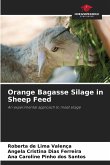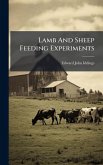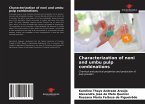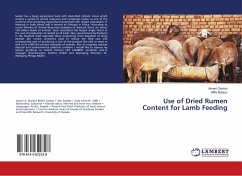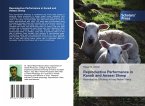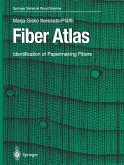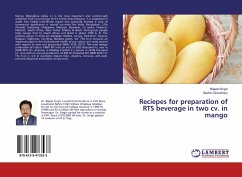Feed costs in animal production can account for up to 70% of total costs, especially in confinement systems. One alternative to consider is replacing traditional energy sources (corn) with agro-industrial by-products, such as pelleted citrus pulp and soybean hulls. These by-products are usually generated in large quantities and need to be disposed of correctly so as not to cause problems for the processing industries, such as environmental pollution. Animal feed is therefore a sustainable alternative for reusing this waste. The work presented includes the results of research carried out in Brazil on the use of pelleted citrus pulp or soybean hulls to replace corn in diets with a high concentrate content. Performance, ingestive behavior, apparent digestibility of nutrients in the total digestive tract and nitrogen balance are presented, as well as comparisons of the by-products used. This book is aimed at agricultural science students, researchers and professionals involved in ruminant production.
Bitte wählen Sie Ihr Anliegen aus.
Rechnungen
Retourenschein anfordern
Bestellstatus
Storno


